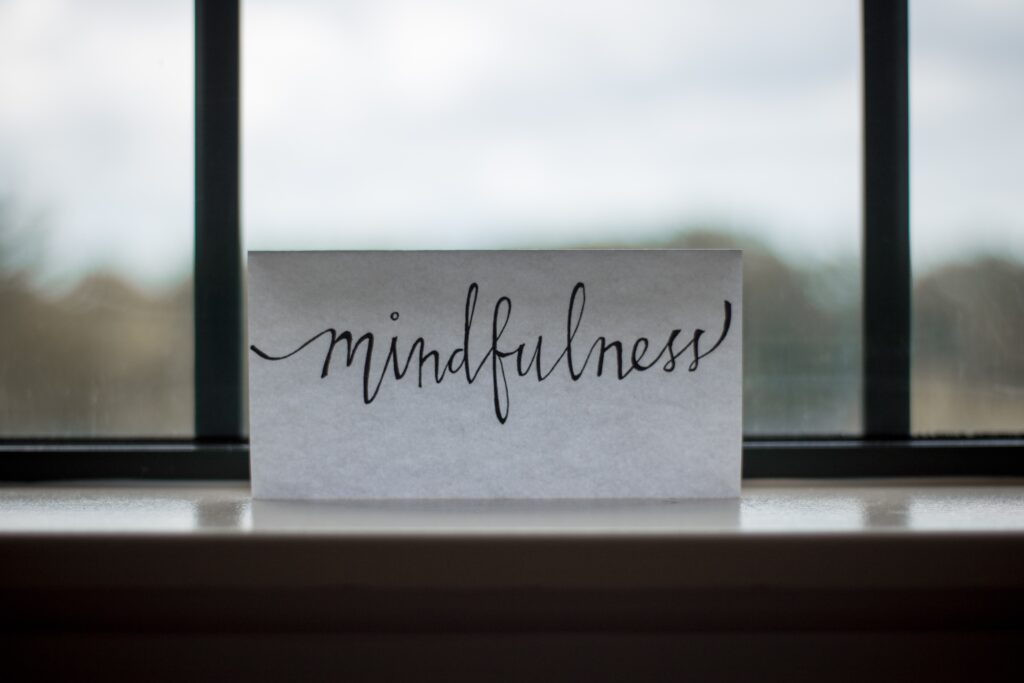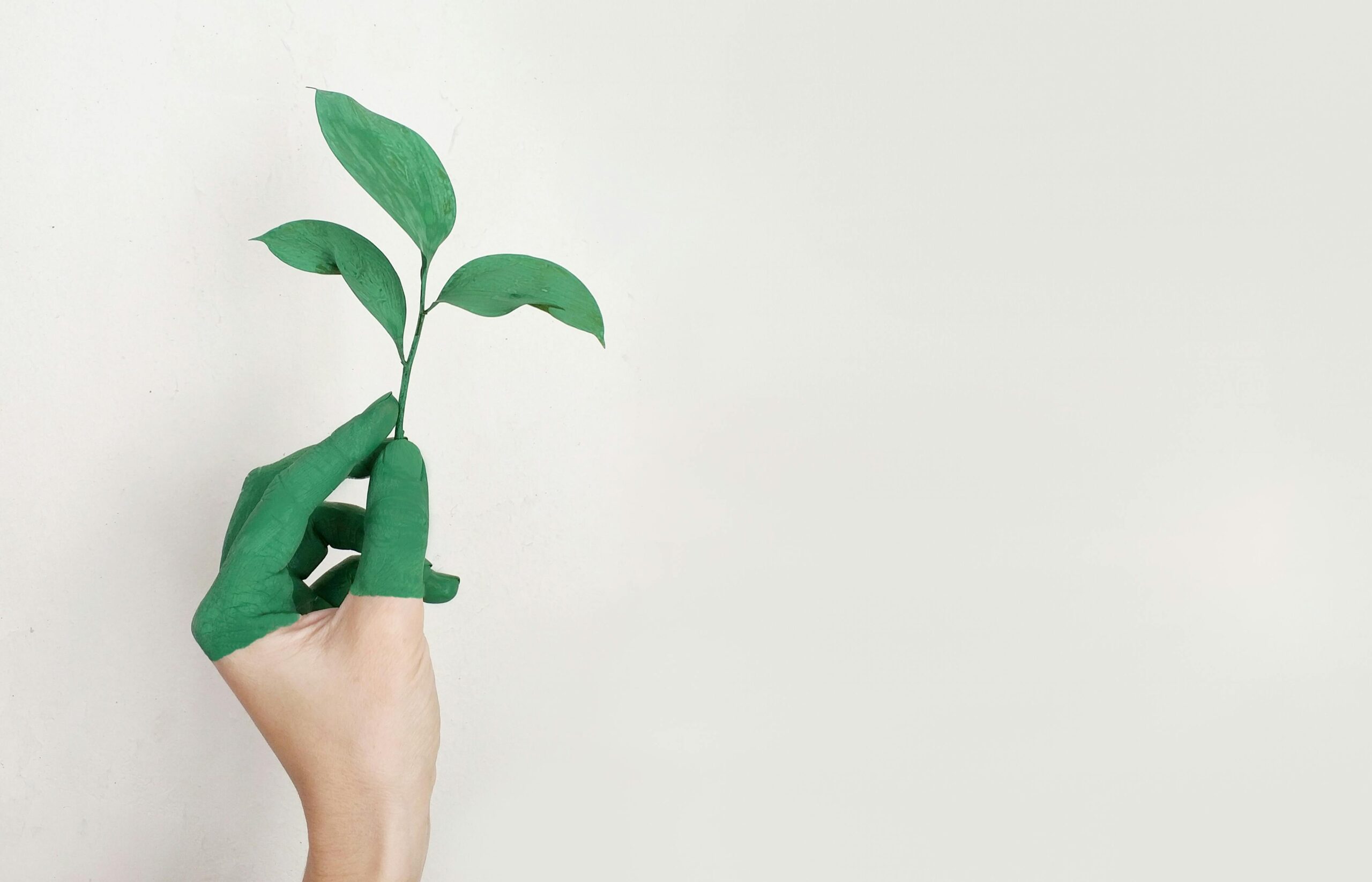Let’s face it, single parenting is an endurance sport. The demands of raising children while in a constant state of stress, to our brains, is very similar to prolonged strenuous athletic training. From the beginning, I did everything I could, (and failed often), to keep my physical and mental body in peak shape.
In the beginning, I thought I needed to work out more. Finding the time to work out, mustering up the willpower to do it, and then putting my body through a short grueling routine was adding more stress to an already run-down body. Long treadmill runs were my poison of choice because I could also listen to study material while getting my workout in. This is how we think right? If we’re not doing 4 things at once, there’s something very wrong.

Who has time to meditate?
Meditate you say? I didn’t have time. I needed to leave my mom’s place at 5:30am to get in a short workout before starting my day at 8am. After sitting in rush hour traffic to get home (where I would also listen to my CFA curriculum audios), I needed to care for my child and study just a bit more after putting him to bed. I was gaining weight steadily, at the rate of about 1 lb per month. It was just enough to beat myself up about when despite all my efforts, I couldn’t fit into my pants.
In my research (because this is what I did for fun), I found that exercise is a form a stress. Seemed obvious, but I hadn’t been looking at it through this lens. It’s a good stress, will keep me in physical and mental shape, and that’s all I needed to push myself to exhaustion. But what if there was something to be said for reducing the stress and listening to the signs my poor body had been giving for so long?
Enter meditation.
I came across a study that compared mental training for stress resilience in athletes. It described “mental toughness” as a key performance asset for athletes, which degrades over extended periods of high demand. This was my life – an extended period of high demand. I was pushing for 7 years at this point. I felt like I was failing at life and parenting. My emotional well-being was declining as was my physical health and ability to sustain attention at work and at school.
The study focused on whether training athlete’s minds while they were pushing themselves athletically would mitigate some of the adverse effects of over-exercising. They took a group of football players and divided them into 2 groups – one that listened to calm music and learned muscle relaxation techniques, and another group that practiced mindfulness meditation (which focuses on breathing and being in the present moment.) These sessions lasted only 12 minutes.
4 weeks later, the athletes were all strained. They declined in the areas of focus and mental well-being. The interesting thing was that the more the athletes in the relaxation group had practiced relaxing, the less their mood declined. As for the meditation group, they had the highest scores in both focus and well-being. Although this study was performed on elite football players, the message is clear. Meditation helps significantly mitigate the effects of stress on the body.

How can I integrate this into my chaotic life?
Emily Fletcher, founder of Ziva Meditation, said something that hit me; that you don’t meditate to become better at meditating. You meditate to become better at life. I dabbled in various forms of meditation throughout my life, but never consistently or seriously. I realized that if all of this were true, it’s a tool I needed to sharpen now.
I fully understand that we don’t have the time for anything really, especially in the mornings, the most popular time to meditate. Is there another way we could look at this though, given all the research that has shown meditation’s benefits?
Single parent stress and its expensive toll
Single parents have all the normal parenting anxieties with the added weight of juggling multiple roles. Don’t forget to add on:
- Lonliness, isolation and lack of support
- Custody and child support battles
- Financial hardships, having double the expenses on half the income and time
- Abuse or trauma
The overwhelm is crippling. We need a tool, much like the athletes above, to manage our emotional and physical health. It’s non-negotiable. We can only put ourselves through so much for so long.
The physical and emotional symptoms I experienced (in addition to the PTSD I was suppressing) were:
- Irritability and anxiety
- Low or no motivation
- Physical aches
- Vertigo
- Decreased energy
- Weight gain
- Frequent illness
I often described the stress I had as “treading water forever”. If you’re on your own in a pool and want to take a break, maybe get a drink, you can. You can take a big breath, float around for bit, relax, and take in the sun. Now, imagine being in that same pool, on your own, but with a kid strapped to you. You can’t float around, because the second you stop kicking, you’ll sink. And not only will you sink, so will your family.

My life preserver
In this way, I describe meditation as my life preserver. It’s a moment I can stop, a few minutes a day to connect to something greater than me, a greater intelligence than the one that keeps me kicking forever.
I know, beyond any doubt, that I wouldn’t be writing this if it weren’t for my mediation practice. It gave me momentary reprieve to focus inward, so that I could swim forward in my life and connect to what was ultimately going to keep me from drowning.
So how do I start?
An easy way to start meditating is to just focus on your breath. I like a technique called box breathing where you:
1) Inhale for 4 seconds
2) Hold for 4 seconds
3) Exhale for 4 seconds
4) Hold for 4 seconds (and repeat)
Another technique I practice every day is focusing on my senses. Washing dishes is a great example. Really feel the way the soap feels on your skin, the warm water and the smoothness of your dish. What does the soap smell like? What does the running water sound like? Do you still have the taste of dinner in your mouth?
These small pauses in your day can really help you restore, but I encourage you to dig into more advanced forms such as the teachings of Dr. Joe Dispenza, or downloading a meditation app such as Calm to really help you progress at a faster rate.





Comments +